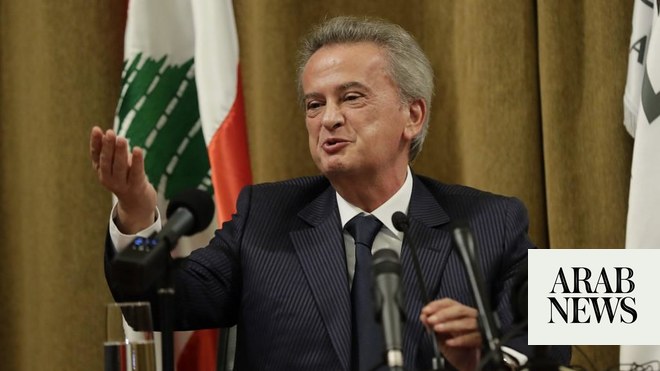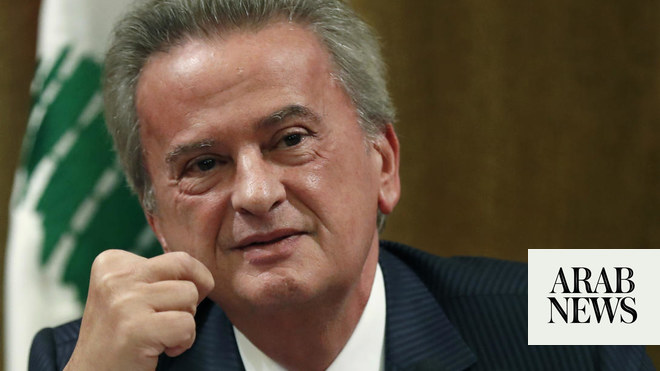
Lebanon’s central bank could ease withdrawals for medium-sized, dollar-denominated accounts of over $3,000 at market rate.
In early April, the Lebanese Central Bank released a circular allowing small depositors, with accounts of $3,000 or less, to withdraw their money in Lebanese pounds at the market rate, instead of the official rate.
“The measure could soon expand to larger accounts,” says Marwan Mkhael, economic adviser to the Ministry of Economy.
While it remains unclear which accounts would be included in any new measure, experts believe such temporary measures do not replace clear financial reforms that allied political blocks backing the current government appear to be quarreling over, slowing any decision that could be made.
On Thursday, the market rate stood at 3,000 Lebanese lira to the US dollar, compared to the official rate of 1,507 lira to the dollar.
Lebanon’s currency has been devaluating since October 2019, resulting from a dollar shortage that would soon contribute to economic collapse. The latest development in the saga of Lebanon was its default on its $90 billion public debt.
Read more: Lebanon from golden age to economic crisis, new data shows rise and fall: Report
Significantly exposed to the debt, the banking sector has imposed harsh and informal capital controls. Regardless of the size of their accounts, depositors have only been allowed to withdraw a few hundred dollars per month from their dollar accounts or forced to withdraw Lebanese pounds instead, at the official rate.
“It is unclear yet what limits are going to be concerned in the next easing of withdrawal restrictions,” adds Mkhael.
Nassib Ghobril, chief economist at the Byblos Bank, points out nonetheless that these are temporary measures that do not replace a comprehensive financial plan addressing capital controls and the issue of banks’ solvency and liquidity; these must be addressed in conjunction with a funding program backed by the International Monetary Fund.
In mid-March Finance Minister Ghazi Wazni announced that the government led by Prime Minster Hassan Diab would likely approve the capital control law during its next meeting, with emphasizes protecting the rights of depositors. The law has since disappeared from public debate.
Banking sources, speaking on condition of anonymity, underline that the Lebanese political factions who back the government, namely the Free Patriotic Movement, Amal Movement, and Hezbollah, appear to be in disagreement over the necessary measures to pull out Lebanon out of the economic and financial abyss.
“The recent reform plan, leaked to the press last week, does not even appear to have received the approval of the Minister of finance or economy,” added the source.
Mkhael explained that he does not agree with the reform plan provision to impose a $62 billion haircut on larger depositors’ accounts, although he contends that the plan does contain some good fiscal policy points.
A former senior central bank source who spoke to Al Arabiya, emphasized that he does not see a light at the end of the tunnel, as the political class lacks the necessary leadership to push for difficult reforms.
“There is no political consensus on the capital control or haircut issue,” he said. “No one wants to take responsibility for any reform, despite the fact that the political class has directly contributed to the country’s financial downfall.”
Read more:
Lebanese customers feel currency squeeze as dollar crisis worsens
Lebanon’s BankMed and oil trader IMMS settle lawsuit
A Lebanese farmer’s tale: Amid coronavirus, struggles to import supplies, prices rise
اي استفسار أو طلب خاص بخصوص التوظيف يمكنك التواصل مع الابميل التالي – مجير الموقع :
alturky28@gmail.com
لطلبات التصميم او البرمجة التواصل مع :
hamzalaabar@gmail.com










